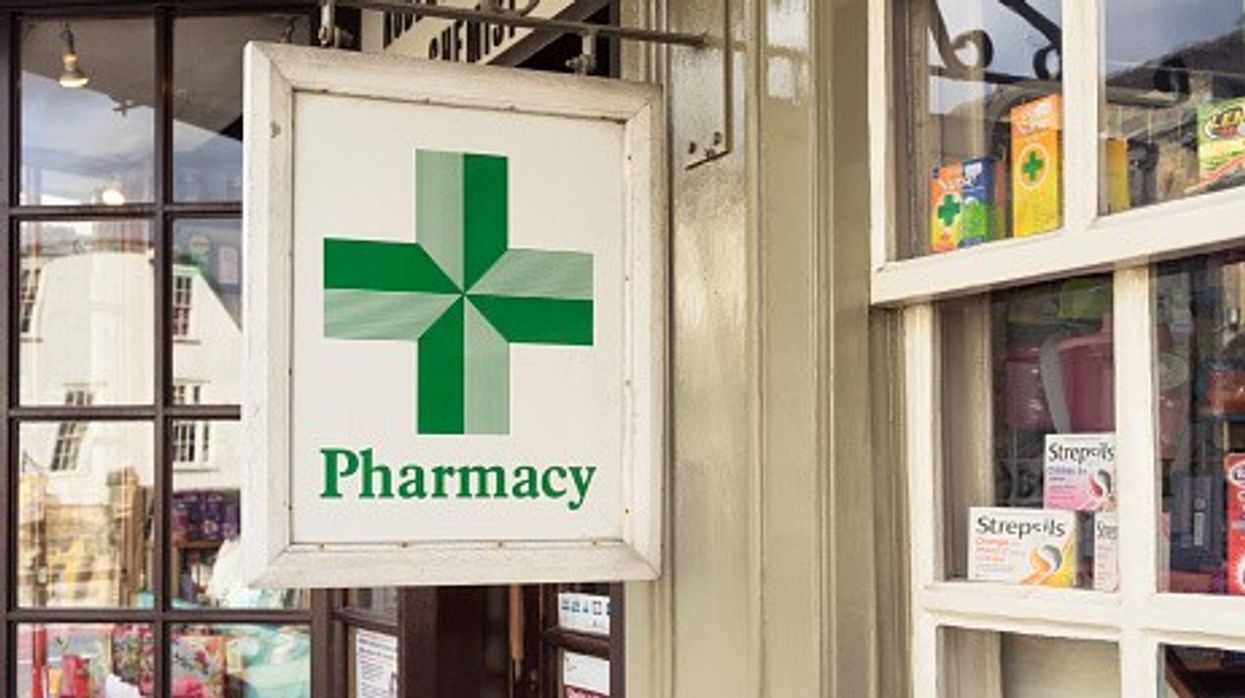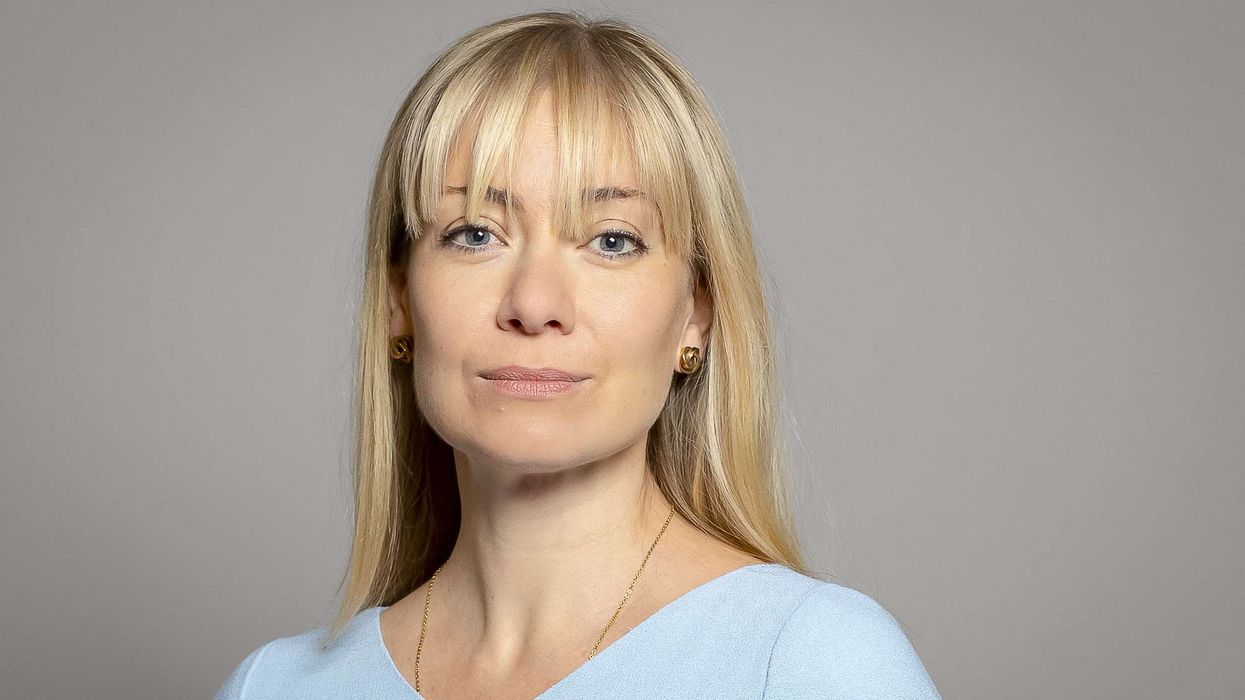The General Pharmaceutical Council’s (GPhC) has approved new IET standards for pharmacists at its council meeting on Thursday (December 10).
The new standards for the initial education and training (IET) of pharmacists will make prescribing skills an integral part of pharmacists’ training.
The new standards, which cover the five years of education and training, incorporate the aim of people being independent prescribers at the point of registration, the GPhC said.
According to the new standards approved, independent prescribing should be an outcome of foundation pharmacist training.
“These once-in-a-generation reforms will enable future pharmacists to take on new and extended clinical roles and meet the needs of the public and the NHS. In the future, pharmacists will be able to independently prescribe from when they join the register, with appropriate support," commented Nigel Clarke, GPhC Chair.
The new standards set to be implemented will bring major changes to pharmacy education including introduction of a foundation training year. This will replace the pre-registration year to focus on the application of science in clinical practice with an additional attention on key skills including diagnostic and consultation abilities.
Chief Pharmaceutical Officer Dr Keith Ridge termed the standards a "landmark" in the development of the pharmacy profession.
“Pharmacists becoming independent prescribers at the point of registration is overdue and this alone will demand significant change across the entirety of pharmacist initial education and training, including much more ‘hands on’ clinical training," he said.
“There will be many challenges as we move through the next year or two, but I’m confident we can all work together to build a consensus on how to implement these changes for the benefit of patients."
Commenting on the GPhC approval, Gail Fleming, RPS Director for Education and Professional Development, said: “We warmly welcome the new IET standards and the ambition for pharmacists in future to qualify as independent prescribers. This is a significant step forward for our profession which will enable pharmacists to better fulfil their roles as medicines experts.
“We’re delighted about the creation of common learning outcome domains across the GPhC standards and RPS post-registration curricula which will create a clear continuum of professional learning and development throughout a pharmacist’s career. We’re also pleased to see that an equality impact assessment has been carried out and look forward to that being published."
RPS expressed the hope that that there should be additional funding to meet the investment required for the implementation of the standards.
“We look forward to working with the GPhC and other key stakeholders on the IET Advisory Group to ensure there is a robust transition plan so students and trainees can see how this will affect them over the next few years,” Fleming added.
Other major changes in the new standards include the introduction of a new set of learning outcomes that will be used to assess the full five years of education and training, and which can link to a continuum of development into post-registration and a greater emphasis on equality, diversity and inclusion to combat discrimination and address health inequalities











